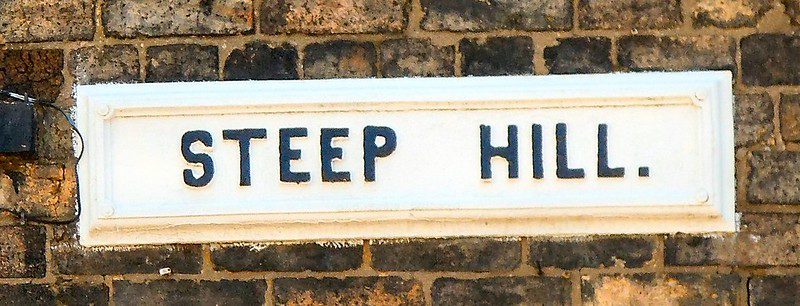Barack Obama’s decision to opt out of the public financing system for this fall’s general presidential election has all the Sabbath Gasbags buzzing. The Obama campaign undoubtedly weighed the pros and the cons and certainly knew that, regardless of perception, it would have to weather out several news cycles just brimming with gasbaggery.
And the negative feedback is not baseless. In these no-nuance times, there’s plenty of room for that Russert-ian moment when you are held to something you said, regardless of changed circumstances or new information. The Gasbags are tuned in. You change your mind, it’s like crows on roadkill.
So back in February, Obama indicated that if he and John McCain could be on the same page on public financing, he would partake in the system. After what was reportedly a brief, perfunctory meeting among campaign barristers, Obama opted out, using instead the resources of his impressive grass-roots-based, 1.8-million-donor-strong campaign that is reaching the $300 million fund-raising threshold.
Obama said his decision was based on a broken public financing system, that allowed for independent 527 groups to set the tone for either candidate. Was his decision to opt out pragmatic? Yes. Does this move shed light on a new era of campaign fund-raising and organizing? Absolutely. Obama has used his community organizing skills in a way that no other candidate has. He got the vote out in states most blue Democrats still regard as pesky, over-represented territories.
Does his move open him up to criticism from people ready to criticize whoever the Democratic nominee is? Without question. The Obama campaign knowingly opened itself up to criticism, and we’ll see how this plays out.
But the media (and the Obama camp) have probably not done its job by not making more out of John McCain’s own dance with public monies financing his campaign. It’s complicated, but not too complicated to know that something’s not quite right.
A little straight talk: unlike Obama, who has been a fund-raising powerhouse for more than a year, (he’s now asking donors to help pay Clinton debt) McCain needed some serious help in a crowded field Republican candidates. He took the $5 million in federal primary assistance agreeing to a $54 million spending limit over the primary season.
Now it gets a little tricky. The McCain campaign reportedly used that $5 million to indemnify a $1 million bank loan from a Bethesda, Md. bank in January. The bank, worrying that the campaign could not back up the loan if McCain opted out of the financing program, was assured that McCain would reapply for public financing if he left the primary race. The McCain camp did this, acting on advice from McCain finance attorney Trevor Potter, who just so happens to be a former chairman of the Federal Elections Commission.
Funny how things work!
McCain’s campaign was revived, and he didn’t want to stay within those limits. He had wanted to opt out of the public financing system, but there has been some resistance from a surprising source: the Republican-appointed FEC Chairman David Mason. Mason has reportedly told the McCain campaign that it can opt out of public financing, but only with FEC approval. The FEC enforces these regulations, but McCain refutes Mason’s assertion on several counts: new nominees to the FEC are currently stalled because of the attorney general’s scandal last year, and there is not a full stock of commissioners available at the FEC, and is subsequently unable to reach a quorum. McCain uses this argument in weighing the validity of Mason’s opinion. TPM’s Josh Marshall reports that McCain’s second argument is that the FEC’s ability to decide when McCain can or cannot opt out is unconstitutional.
So basically, while McCain’s out there lambasting Obama for not taking part in the public finance system, the Arizona senator would very much like to be where his Democratic challenger is — it’s just that the rules are not being so accommodating when the FEC rejected his February 6 request to opt out.
This could come back to haunt the McCain camp. Oh, and for good measure:





Comments